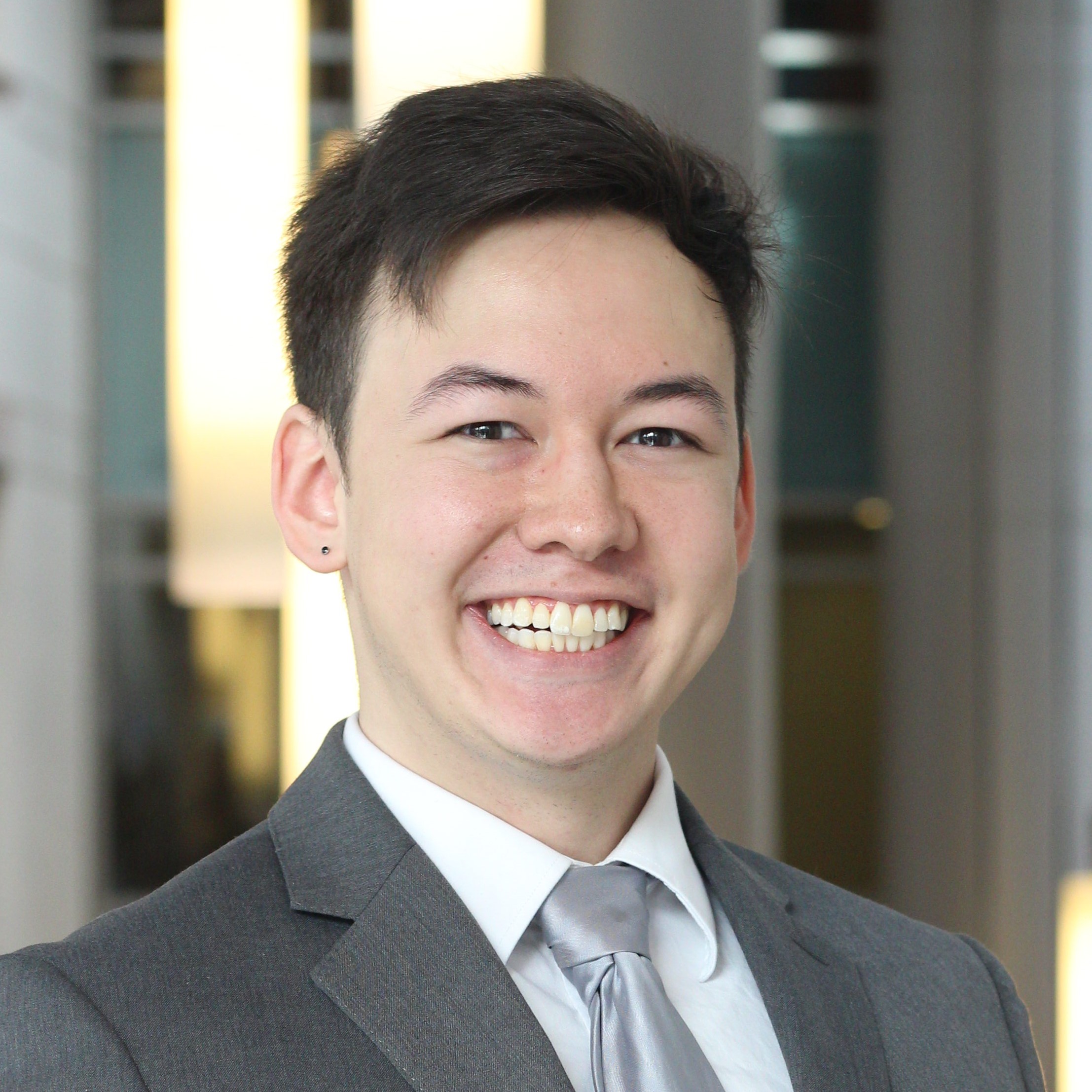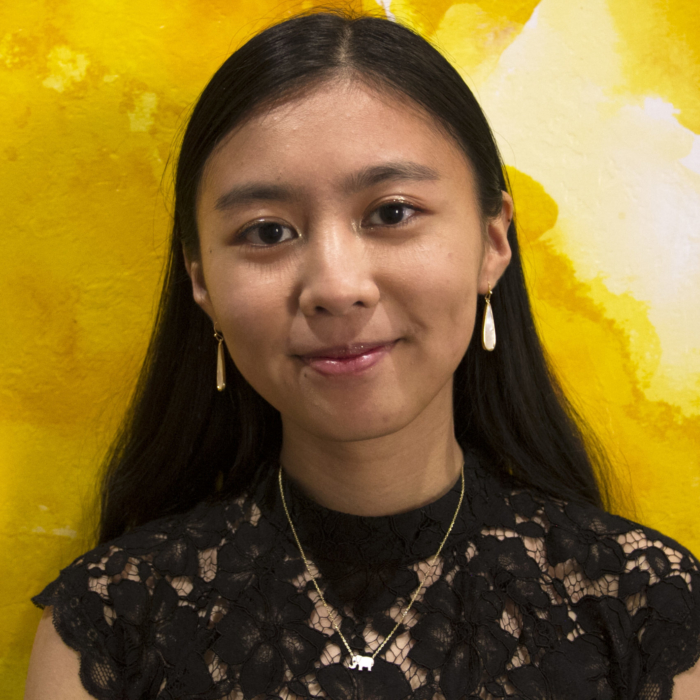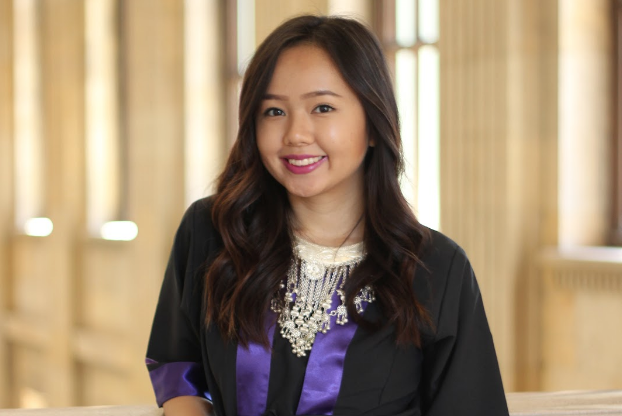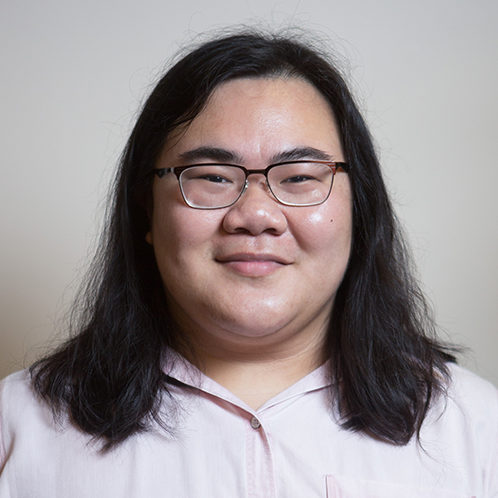
“I’m willing to help you, but I honestly don’t think it’ll work here,” was what I had told Jason when he first approached me about bringing Sparks Magazine from UF to UCF.
At the time, advocacy was a word I almost never used, let along a word I would use to describe the community at UCF. To start up a brand new organization that was at the crossroads of social and political advocacy and an amazing publication consisting of stellar photography, beautiful writing, and aesthetic design seemed like a uniquely UF concept. A concept that maybe could exist at UCF in a few years, but it wasn’t really something I had envisioned happening during my term as President of the Asian Pacific American Coalition at UCF.
Nonetheless, I agreed to help Jason since he seemed so confident it could work, and Jason ended up proving my preconceived notions wrong.
I realized that Sparks wasn’t something that needed our community to change before it could be ready, but Sparks was the thing that our community needed in order to change. Every time we held a meeting about Sparks, I kept worrying that no one would be interested. Alternatively, people might say they’re interested but have no follow up.
Yet, that’s not what happened.
Not only did our community organize, but it also grew. I saw the impact that having Sparks Magazine at UCF had.
All of this impact that happened too late to change my college experience, but that part didn’t matter. It was rewarding enough knowing that a new generation of APIA leaders at my school would go through a system that allowed their voices to be amplified and to be heard.
As Sparks grows to new campuses, a consistent line I’ve heard is that, “I wish we could have Sparks here, but it just won’t work at this university.” I think that’s why it’s so important to share the message: If you won’t help the next generation, then who will?






